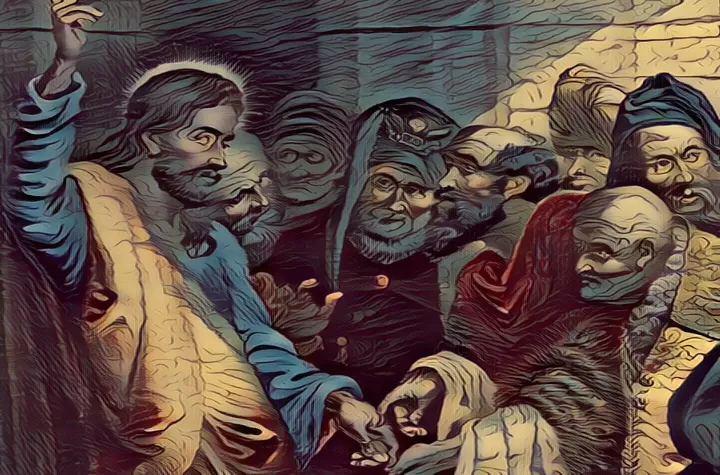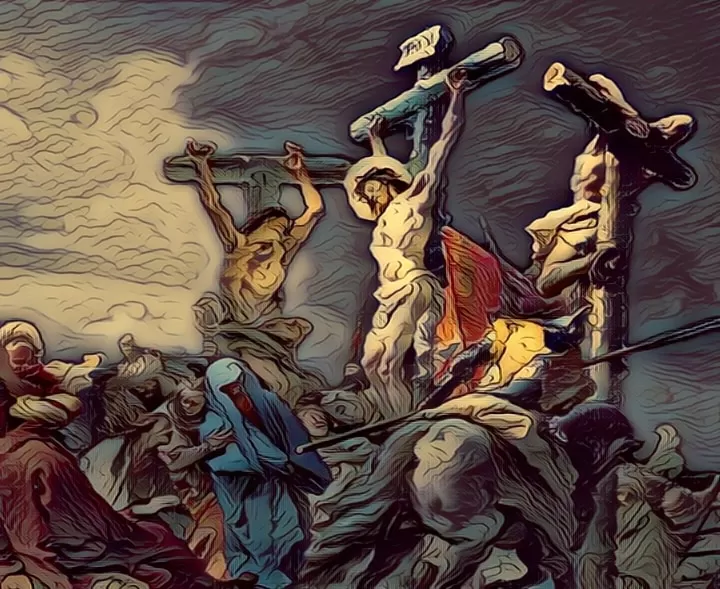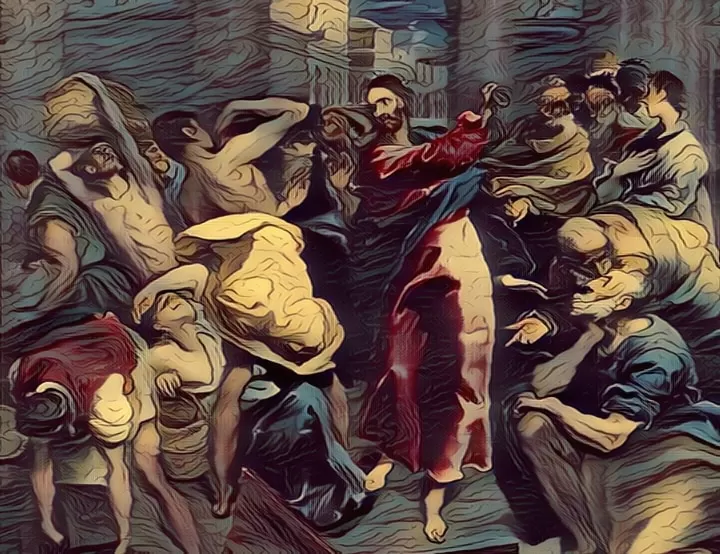Kingdom of God and missional church: not as difficult to define as you might think
Frankly, it is an absurdity that we still have such a hard time making sense of Jesus’ core proclamation about the kingdom of God. The problem comes up again in another book by Alan Roxburgh on “missional church,” this time co-written with Scott Boren: Introducing the Missional Church: What It Is, Why It Matters, How to Become One (2009).






Recent discussion